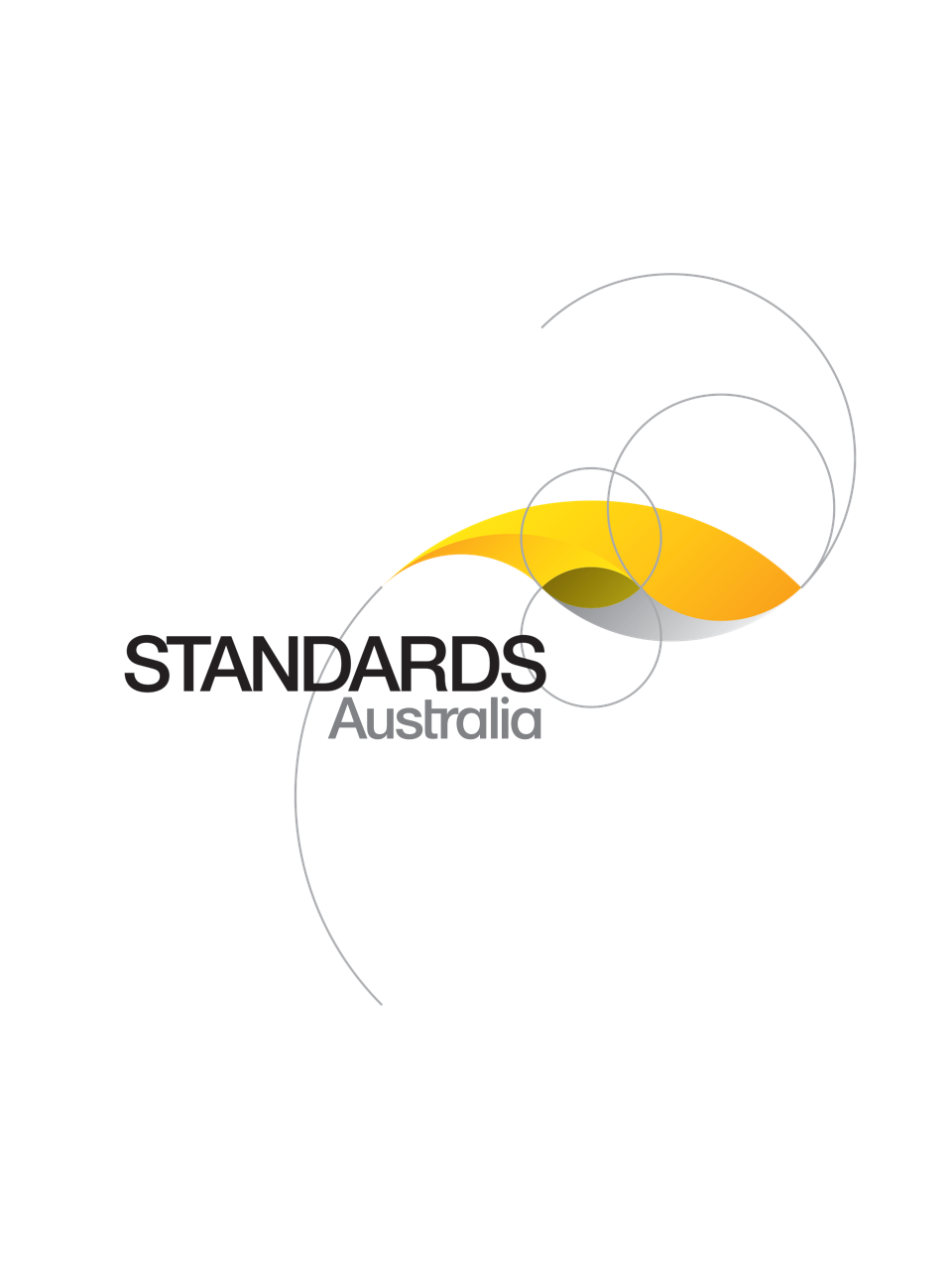Technical Specification
Track updates
SA/SNZ TS ISO 21030:2024
[Current]Educational organizations - Requirements for bodies providing audit and certification of educational organizations’ management systems
SA/SNZ TS ISO 21030:2024 identically adopts ISO/TS 21030:2023, which defines the rules applicable to the audit and certification of educational organization management systems (EOMS) conforming to the requirements given in AS ISO 21001 (or other sets of specified EOMS requirements). It also provides the necessary information and confidence to customers about the way certification of their suppliers has been granted
Published: 23/02/2024
Pages: 22
Table of contents
Cited references
Content history
Table of contents
Header
About this publication
Preface
Foreword
Introduction
1 Scope
2 Normative references
3 Terms and definitions
4 Principles
5 General requirements
5.1 Legal and contractual matters
5.2 Management of impartiality
5.3 Liability and financing
6 Structural requirements
7 Resource requirements
7.1 Competence of personnel
7.1.1 General considerations
7.1.2 Determination of competence criteria
7.1.3 Evaluation processes
7.1.4 Other considerations
7.2 Personnel involved in the certification activities
7.2.1
7.2.2
7.3 Use of individual external auditors and external technical experts
7.4 Personnel records
7.5 Outsourcing
8 Information requirements
8.1 Public information
8.1.1
8.1.2
8.2 Certification documents
8.2.1
8.2.2
8.3 Reference to certification and use of marks
8.4 Confidentiality
8.5 Information exchange between a certification body and its clients
9 Process requirements
9.1 Pre-certification activities
9.1.1 General
9.1.2 Application
9.1.2.1
9.1.2.2
9.1.3 Application review
9.1.3.1
9.1.3.2
9.1.4 Audit programme
9.1.5 Determining audit time
9.1.5.1
9.1.5.2
9.1.5.3
9.1.6 Multi-site sampling
9.1.6.1 General
9.1.6.2 Management of multi-site educational organizations
9.1.6.2.1 General
9.1.6.2.2 Eligibility of sampling
9.1.6.2.3 Minimums per sample
9.1.6.2.4 Mitigation of negative impact of sampling on audit programmes
9.1.6.2.5 Documented justification of samples
9.1.7 Multiple management system standards
9.2 Planning audits
9.2.1
9.2.2
9.3 Initial certification
9.3.1
9.3.2
9.3.3
9.3.4
9.3.5
9.3.6
9.3.7
9.3.8
9.3.9
9.4 Conducting audits
9.5 Certification decision
9.6 Maintaining certification
9.7 Appeals
9.8 Complaints
9.9 Records of applicants and clients
10 Management system requirements for certification bodies
Annex A
A.1 Effective staff of the EOMS
A.2 Audit time
A.3 Audit duration
A.3.1 Calculation of audit duration
A.3.1.1 General
A.3.1.2 Increasing factors
A.3.1.3 Decreasing factors
A.3.1.4 Person/day distribution
A.3.2 Initial certification audit duration
A.3.3 Examples of how to calculate A
A.3.3.1 University ABC
A.3.3.2 Kindergarten 123
A.3.3.3 VET school XYZ
A.3.3.4 Training department of XPTO company
A.3.4 Surveillance audit duration
A.3.5 Recertification audit duration
Annex B
B.1 Competence requirements: matrix
B.2 Competence requirements: details
B.2.1 Knowledge of educational management practices
B.2.2 Knowledge of audit principles, practices and techniques
B.2.2.1 Generic knowledge
B.2.2.2 Specific knowledge
B.2.3 Knowledge of specific standards or normative documents for educational organizations and/or conformity assessment bodies
B.2.3.1
B.2.3.2
B.2.4 Knowledge of certification body's processes
B.2.5 Knowledge of client's educational subsector
B.2.6 Knowledge of client’s educational products and services, processes and organization
B.2.6.1
B.2.6.2
B.2.7 Language skills appropriate to all levels within the client’s educational organization
B.2.8 Note-taking and report-writing skills
B.2.9 Presentation skills
B.2.10 Interviewing skills
B.2.11 Audit-management skills
Bibliography
Cited references in this standard
